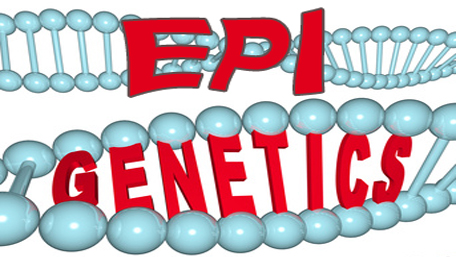
01/02/2023
Hot Topics of the Day are picked by experts to capture the latest information and publications on public health genomics and precision health for various diseases and health topics. Sources include published scientific literature, reviews, blogs and popular press articles.
Sign up MyPHGKB to receive the daily hot topic email alert.
Archived Hot Topics of the Day By Date
Genomics and phenomics of body mass index reveals a complex disease network.
Huang Jie et al. Nature communications 2022 12 (1) 7973
DNA methylation provides molecular links underlying complex traits
Nature Genetics, January 2, 2023
Accounting for diversity in the design of CRISPR-based therapeutic genome editing
K Saha, Nature Genetics, January 2, 2023
Cancer immunotherapy: the quest for better biomarkers.
et al. Nature medicine 2022 12 (12) 2437
Infectiousness of SARS-CoV-2 breakthrough infections and reinfections during the Omicron wave
ST Tan et al, Nature Medicine, January 2, 2023
Comparative effectiveness of third doses of mRNA-based COVID-19 vaccines in US veterans
BA Dickerman et al, Nat Microbiology, January 22, 2023
Moderna COVID-19 Vaccine Safe and Effective for Children 6 Months to 5 Years.
Slomski Anita et al. JAMA 2022 12 (24) 2388
Disclaimer: Articles listed in Hot Topics of the Day are selected by Public Health Genomics Branch to provide current awareness of the scientific literature and news. Inclusion in the update does not necessarily represent the views of the Centers for Disease Control and Prevention nor does it imply endorsement of the article's methods or findings. CDC and DHHS assume no responsibility for the factual accuracy of the items presented. The selection, omission, or content of items does not imply any endorsement or other position taken by CDC or DHHS. Opinion, findings and conclusions expressed by the original authors of items included in the Clips, or persons quoted therein, are strictly their own and are in no way meant to represent the opinion or views of CDC or DHHS. References to publications, news sources, and non-CDC Websites are provided solely for informational purposes and do not imply endorsement by CDC or DHHS.
- Page last reviewed:Feb 1, 2024
- Page last updated:Apr 18, 2024
- Content source:






